A Practical SEO Guide to Competitor Auditing
This guide helps you take a systematic look at all the key elements of competitive analysis for SEO. It covers, how to define your market, how to analyse your competitors' performance, competitive gap analysis, SWOT analysis, SERP analysis and how to set goals for your SEO project.
Chapter 1 - Define your market and competitors
Analysing competitors’ performance in the marketplace can sometimes help you to get buy-in for an SEO project from your client, or, if you are in-house, from your senior management team. This is particularly true if competitors are executing a strategy that you had wanted to pursue and would have been beneficial to your company.
Carla Thomas and Emily Brady joined us for Tea Time SEO in 2020 and shared their insights with us around competitor analysis in SEO. Carla looked at the analysis in some of the more competitive markets such as finance and insurance. Emily went into the detail about a content gap analysis which is of course very important when prioritising on-page SEO.
A big thank-you to our co-authors for giving up their time and sharing their expertise with us. If you would like to become involved with our Ultimate SEO Guide series then please get in touch.
In all markets there are direct and indirect competitors and it is important to look at both when carrying out a competitor audit. Direct competitors offer the same product or service, and tend to be in the same geographical area as you. Indirect competitors can satisfy the same customer needs as your product or service. For example Wickes and B&Q are direct competitors offering DIY help, but interior designers are indirect competitors, they help people spruce up a house by offering soft furnishings such as cushions/blinds/curtains and they also help with painting.
Analysing your competitors helps you to identify your own Unique Selling Proposition (USP). What makes you stand out from the crowd? This is crucial to stay ahead of the market and be at the forefront of consumers when they are looking for the product or service you are offering.
Define your new market, you may have a multinational brand or you may have a brand looking to expand overseas. For example, if your clothing company is looking to move to Sweden, analyse the competition, it will be different to what you have in your home market.
The retail sector can be extremely competitive. The margins can be low and the costs can be high, especially if you have an offline store, which you may be tied into for some time.
It is important to use a keyword research tool to find how these different terms are being searched, the competition and how difficult it will be to rank or target that term.
A great way to automate this whole keyword process is to use the automated market share and content strategy tool and from Authoritas. This can analyse your whole market in 26 countries/language combinations.

From this you can easily see the different competitors, the number of keywords they are ranking for and the organic traffic. Then going deeper, into the Market Explorer you can view which competitor URLs are performing the best for a cluster of keywords. In the example below, it shows the best competitor URLs for “tv” related terms.

Post Sale Services
Keyword research is one part of the competitor analysis, but it is important to also look at the other aspects such as post sale services. If your client is an eCommerce site, does it offer free delivery? What are the delivery terms and conditions? Go through the checkout process. Is it easy to add products to your cart and buy what you wanted on the site? Nearly 70% of carts are abandoned, even if they may be ranking high in the SERPs. High rankings does not necessarily equate to generating more sales. Many sites lose customers through the payment gateway. Your competitors may be suffering from a high cart abandonment rate, but if you do not, then you can focus your efforts on other areas of marketing such as content.
Content
Check out the blogs of the competitors, are they keeping their site up to date? If they have a multinational site, do they have an updated blog in other languages? Do they have a FAQ section on their site about delivery and getting in contact? Do they keep all their social media profiles updated? Do they respond to comments and questions from customers?
What does their email marketing look like? You could always sign up to their newsletter, see what offers they have. Are there any special deals for the different seasons, e.g. Black Friday, Christmas, Valentine’s day?
Site Speed
As we discussed in the On-page SEO Ultimate Guide, website performance and page speed is crucial for all sites. In May 2020, Google announced that it will be rolling out the Google Page Experience update in 2021 and Core Web Vitals will be ranking factors next year.
Core Web Vitals, also called Web Vitals are the performance metrics that affect user experience including how fast the page loads, the visual stability and the interactivity. So no more slow sites! If your competitors’ sites are performing poorly now and still by 2021 and yours is loading quickly, then you will be one step ahead of your competition.
Chapter 2. Understand competitors’ SEO performance
Within the insurance and financial services, the user journey is considerably more complex than – for example – a low-cost retailer. Why? Financial and insurance decisions are often a larger monetary commitment or investment that may span a considerable amount of time and impact an individual’s quality of life. This makes viewing, understanding and analysing competitor content essential. Not only to see what is working within the sector, but to establish how to go a step further in your strategy.
The first and most crucial step is not only identifying competitors and benchmarks, but how you chose them.
Your direct and indirect competitors may be different from your SERP competitors, but both carry equal weight in importance. Your business competitors are those that offer the same or similar products to you. For example, within home insurance in the UK, Aviva and GoCompare may be considered direct and indirect competitors of another provider. Your SERP competitors are those who compete with you on the premise of ranking, meaning they are higher up in the SERPs than you or dominate more of the SERPs. For example, in finance this would be a publication such as the Financial Times.
Identifying a small selection of your core business and SERP competitors will reveal best-practice tactics for both the content itself and for appearing in the SERPs.
In addition to your competitors, you should monitor two industry benchmarks. The first should be the best of the best. They should be doing a great job in positioning their online presence and act as your inspiration. The other is a business that isn’t doing such a great job. The purpose of these benchmarks is to always have what good and bad looks like at the forefront of your mind.
2. Content types
As the financial and insurance industries produce a variety of content types such as copy, video, infographics, and podcasts, evaluating competitor content types in the SERPs is essential to know where to dedicate your efforts for measurable results. Evaluating ranking content types will enable you to make well-informed decisions for your strategy with the goal of visibility and traffic. For example, the query ‘investing in stocks for beginners’ returns web pages, videos results and ‘People also ask’ snippets:
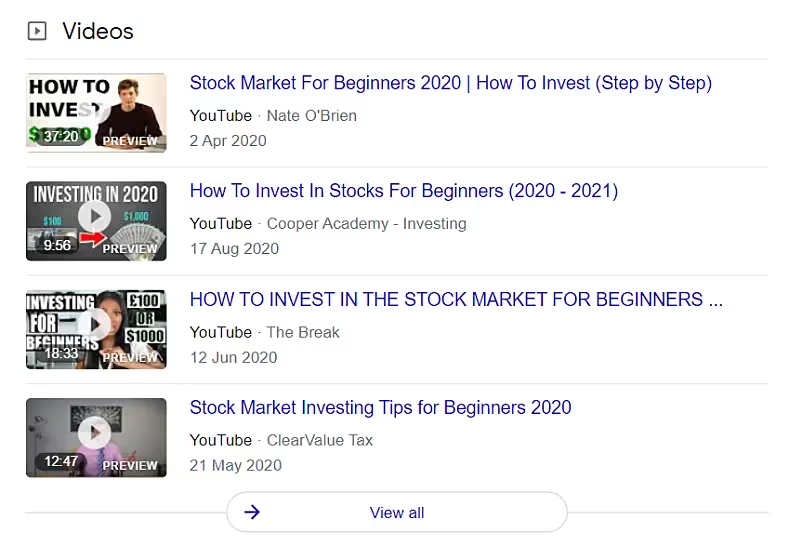

The high positioning of video results tells you that, as well as producing text-based content, video is popular among searchers of this topic, so Google prioritises it. If business scope allows, making a video part of the strategy is advisable.
The ‘People also ask’ feature is a great way to understand what, specifically, people want to find out around the topic. This can then inform the body of your content.
There are many different crawlers in the market which will let you see the competitor performance in the SERPs. Authoritas’ Content 360 lets you crawl any competitor you have set up in your project area.

Screaming Frog allows users to crawl competitor sites and gather useful information such as headings, tags, word count and publish dates, which can also help to identify trends. It is important to cross reference this with SERP performance to find what is not working and quickly identify competitor blind spots. To dig even deeper, use a social tool such as BuzzSumo to gauge if and how their audience is interacting with it. Needless to say, strong engagement rates often come off the back of great content and yield results.
3. Incorporating the purchase funnel
As mentioned in the introduction, a complex conversion funnel requires a tailored approach. Bucketing and analysing competitors’ existing content through the awareness, consideration and decision stages can indicate how effective their user journey is. Do they have pages for those looking for more information, those weighing up their options and those who are ready to convert?
A deep dive will give you an idea of what to incorporate, and what not to, which you can then work into your strategy. Any common gaps revealed could also become quick wins if filled by your business. For example, a user starting their journey in the awareness stage on a competitor site may hit a wall if there is no consideration stage content. Therefore this would be an opportunity for your business to provide this content and potentially attract these prospective customers.
BuzzSumo is also great to gather performance metrics. These will give you the dos and don’ts for each stage, helping to maximise your strategy. A personal takeaway I have discovered is the effectiveness of video at the awareness stage is rarely replicated during decision-making.
4. Search rankings
Use SEO software tools to explore where and how your competition is ranking for your target keywords and identify opportunities. Analyse the features of top and low performing pages to reveal where you can and can’t compete. This ensures and reassures your efforts are being exercised in the right places. Look for features for identifying keyword gaps that you could target and win. Everyone has their own favourite to use. There are many in the marketplace and Authoritas has a keyword ranking tool and SEO visibility explorer tool which allows you to see where your competitors are ranking in the SERPs helping to identify gaps
Looking into the search intent behind keywords is just as important as identifying competitor rankings. Once you have gathered your competitors’ ranking information, investigate the pages to understand whether the SERPs are favouring informational or transactional pages for your target keywords. As Google incorporates user activity into its algorithm, it has a pretty good idea of whether people are looking for more information or are ready to buy based on keywords used by the searcher. As a business, you would want to make sure any pages being created or updated to fulfil an intent is targeting it correctly.
As we can see below, the term ‘income protection for self-employed’ largely favours informational pages with eight of the top ten results being long-form content pages, with an answer box featured snippet taking the top spot.


This tells us those searching this query require more information and that therefore any pages being created on this topic should be informational.
5. Link performance
Gaining backlinks is becoming increasingly challenging, however, obtaining them in the financial and insurance sectors is exceptionally difficult. If a competitor is gaining backlinks, investigate it. The acquisition of backlinks often indicates a site’s strongest content and give you a list of tactics and potential prospects for yourself.
Find out why, how, and where they are getting backlinks. Knowing which high-authority sites are linking to competitors will reveal which topics and formats are getting the most attention from other sites.
All five tips pay essential parts within a content audit for the financial and insurance industries. In a time where content and link building are becoming more saturated and trickier to navigate, it’s important to tailor your approach and utilise the strategy and performance of others to inform your own.
All five tips pay essential parts within a content audit for the financial and insurance industries. In a time where content and link building are becoming more saturated and trickier to navigate, it’s important to tailor your approach and utilise the strategy and performance of others to inform your own.
Chapter 3. Competitive Gap analysis
At a glance, the concept of a content gap analysis seems pretty straightforward: Find things your competitors are writing about that you aren’t. While this is true, it doesn’t embody the full extent of what those “things” are. Let’s break it down.
In short, it’s easiest to start your audit with a high-level, topic gap analysis. This will help you identify specific pages other similar sites have that yours does not.
Next, you’ll want to break those topics down into queries (keywords).
Finally, those keywords will help you identify even more specific opportunities to outdo your competitors and take up more real estate in SERPs via SERP features and other “content” mediums like video, images, podcasts, etc.

Topical Gaps
In simplest terms, the goal of a topic gap analysis is to find pages your competitors have that you don’t. For single or multi-location businesses, for example, this will probably include both blog topics and service pages.
- Blog Pages – Generally speaking, blogs are a great opportunity to target long-tail keywords and question-based queries.
- Service Pages – Service pages, on the other hand, are going to focus on the specific thing customers pay your business for (i.e. Legal representation or veterinary care).
Content analysis for an ecommerce site, on the other hand, might include product pages, shelf pages, etc. in addition to long-form resources such as blogs, how-tos, etc.
Example:
Let’s say you’re an SMB that offers both HVAC and plumbing services in Tampa, Florida. In this situation, you probably want to rank for terms like, “Tampa HVAC repair,” “plumber Tampa,” and so on, since that’s how people who need your services tend to search.
Check out competitor websites (3-5 competitors are usually enough) and review the specific subtopics and niche service pages their sites include. In this situation, you might end up with a comparison that looks like this:
CompetitorOne.com
Plumbing
Drain Cleaning
Kitchen Plumbing
Bathroom Plumbing
Shower Installation
Faucet Repair
Slab Leaks
Water Pressure Regulators
Water Filtration Systems
Whole House
CompetitorTwo.com
HVAC
AC Repairs
AC Installation
Heating Repairs
Mini-Splits
Plumbing
Drain Cleaning
Leak Detection
Water Heaters
Water Softeners
YourDomain.com
Plumbing
Kitchen Plumbing
Bathroom Plumbing
Drain Cleaning
HVAC
Air Conditioning
Heaters
Water Heaters
With this information, you can create a content plan to expand your current content using page ideas from both competing sites.
The result? A hub of plumbing & HVAC information that neither competitor has, which means your site now provides greater value to potential customers and may stand a better chance of ranking for a larger body of topics and keywords.
YourDomain.com
- Plumbing
- Kitchen Plumbing
- Bathroom Plumbing
- Shower Installation
- Faucet Repair
- Drain Cleaning
- Slab Leaks
- Water Pressure Regulators
- Water Filtration Systems
- Whole-House
- Water Softeners
- HVAC
- Air Conditioning Repairs
- AC Installation
- Heaters
- Mini-Splits
- Water Heaters
Query (Keyword) Gaps
While topical gaps focus on finding opportunities for new pages and sections of content, query – or keyword – gap analysis goes one step further.
In short, identifying keyword gaps is similar to topical analysis but focuses on specific keywords and their variations opposed to entire pages or sections of content.
Here’s an example:
You and a competitor are both targeting air conditioning-related search terms with the goal of obtaining business for AC repairs, installations maintenance, tune-ups, and more. Even if both pages include an “AC services” page, along with appropriate subpages, it’s likely that one site is getting more traction by successfully targeting a larger pool of search queries.
One way to identify keyword gaps is by manually reviewing the keywords target on your site and others like it. In the AC page example, you might find that your site tends to target “AC services” keywords while competitors have additional subsections targeting more, related searches within the same topic, like this:
CompetitorOne.com
Page: AC Services
Content Sections:
Overview of Services
Why Hire Us?
Benefits of AC Tune-Ups
How to Know When Your AC Needs Maintenance
CompetitorTwo.com
Page: AC Services
Content Sections:
An Overview of AC Services Provided
AC Tune-Up Specials
Why Hire This Business?
AC Installation Information
Mini-Splits vs. Traditional AC Units
YourDomain.com
Page: AC Services
Content Sections:
Why Hire Us?
Our AC Services
AC Repairs
Importance of AC Maintenance
By implementing specific sections of content competitors target that you don’t, you’ll increase the pool of keywords for which your air conditioning page is relevant. The result could look something like this and would create a hub of AC-related information that is more valuable than either competitor:
YourDomain.com (With added value!)
Page: AC Services
Content Sections:
- Our AC Services
- Why Hire Us?
- AC Repairs
- Importance of AC Tune-Ups
- Installations
- Mini-Splits vs. Traditional AC
- Our AC Tune-Up Specials
Generally speaking, auditing competitors manually will only get you so far (and can be pretty time-consuming). On the keyword and topic level, you can use many different SEO software to find gaps and opportunities more quickly.
In Authoritas for example, you can see in the below, an overview chart showing the topic clusters of keywords where multiple competitors rank and you don’t.

You can then go into further detail as in the table below and see the clusters of terms with the number of keywords and the potential visibility value.

Tip: Use a Crawler to Audit Competitor Content
The Authoritas SEO platform has an automated SaaS crawler that identifies SEO essentials and is integrated with other data sets, such as Google Analytics and rank-tracking software. In the below you can see how you can choose to focus on certain errors to highlight the tasks to work on with the tech team.

Screaming Frog is another popular dedicated crawler SEOs can use to improve on-site and technical SEO elements. The best part? You can use it to crawl your competitors, too! While Screaming Frog is typically associated with the more technical site elements, you can also use it to gather content ideas from your competitors.
SERP Gaps (Featured Snippets, FAQs, Images, Videos, Etc.)
If you’re doing a manual content gap analysis (opposed to using a tool or software to help), keep an eye out for “non-text” content gaps as well. These might include:
- Videos
- Social
- Infographics
- Podcasts
- Featured Snippets
- Etc.
While it may not be plausible to match competitors in every content medium, understanding how their brand or business is offering value in other ways can provide clues to how you can improve your own search.
Additionally, video, image, and rich results are a great way to take up more real estate on page one. Let’s say you’ve identified a keyword and corresponding SERP that you’d like to improve. Take a look at the SERP as a whole. What are other sites doing well that yours isn’t?
If a competitor’s infographic is ranking in image results, create a better one. If their site utilizes FAQ schema, add markup to your own with internal links and additional value. If another site is optimizing for more featured snippets, target them too.
Always Focus on Value
Like any competitor analysis, a content analysis is aimed at creating additional value; specifically, value that your competitors don’t have. Because of this, it’s important to make sure you have eyes on more than one competing site at a time. (By focusing on more than one, you create more cumulative value than the individual sites you’re auditing have alone.)
Additionally, remember that your goal isn’t to mimic; it’s to improve. This means you’ll want to understand what competing sites are doing, but also think about ways to implement the same strategy – only better.
Additionally, remember that your goal isn’t to mimic; it’s to improve. This means you’ll want to understand what competing sites are doing, but also think about ways to implement the same strategy – only better.
Chapter 4. Understand Competitors’ SWOT
Understanding your strengths, weaknesses, opportunities and threats (S.W.O.T) is fundamental to any strategy. The SWOT analysis is important to feed into your marketing plan. It gives you the data that highlights the pitfalls which you need to avoid in order to be successful. SWOT gives you the opportunity to analyse your own internal strengths and weaknesses and see the opportunities and threats outside of your company.
Strengths
Analyse the strengths of your competitors, what they are doing well and why? How can you do better than them? For example, do they have excellent customer service? Do they have a lot of reviews on their site reflective of speedy delivery and quality product? What do the customers see as their biggest strength? Is the company a market leader?
Then analyse their content, do they keep their blog updated? Do they send out great email newsletters? Are they ranking for Universal SERPs?
What do their customers see as their biggest strength? If they are offering more features than you, is this something you can do? Can you focus on one area of your product and develop it further?
Weakness
What areas are your competitors not doing well? Are they for example paying for paid traffic when they are ranking well ? Do they have poor links?
What are they lacking within their tools? Is the Minimal Viable Product lacking features?
Play to their weaknesses and win customers. For example, they may not have an in-house development team (to fix issues on their site). Their customers may be complaining about their checkout journey. Make sure your buyer journey is smooth with no hiccups.
Opportunities
Think about the ways to get ahead in the market. For example you may have a new product launching. Instead of spending months on the perfect product, why not release a beta version. Invite ambassadors to try and test out the beta version of the product. Encourage feedback which will then give you time to work on an even better version, the go to market one.
What are your competitors doing in the market? Are they exploiting a demand you have not yet thought of or were hesitant to do? For example during the coronavirus, many restaurants who were always ‘dine in’ had to work hard to survive the lockdown. They had to adapt their set up so they could have customers order takeaway from them when previously they did not.
Some companies are very big and cannot move quickly. VIsit the social media channels they are on. Are they consistent or is it on and off? Where are they ranking in the SERPs?
Threats
Can you see new competitors emerging in the marketplace? Do they expose other competitors to new threats? For example the taxi service Uber was a real threat to London cabbies. It undercut their price and with Uber, customers could order and see where their cabs were in real time. This gave them more confidence that the taxi was on the way.
Another example of a threat in the carbonated soda market is bubble tea. Consumers are looking for healthier drinks and alternatives to sodas and they have found it in bubble tea. As a result, it has become very popular outside of Taiwan and China over the past 10 years. The market is valued at $2.4 billion and set to grow to $3.6 billion by 2025.
Another example of a threat in the carbonated soda market is bubble tea. Consumers are looking for healthier drinks and alternatives to sodas and they have found it in bubble tea. As a result, it has become very popular outside of Taiwan and China over the past 10 years. The market is valued at $2.4 billion and set to grow to $3.6 billion by 2025.
Chapter 5. Universal SERP Analysis
Universal Search is a group of results including images, videos, maps, shopping and news. If you cast your minds back, it was actually launched by Google nearly 14 years ago, back in May 2007. It was one the most radical changes to the search results at that time and blended listings from news, video, images, local and book search engines, hence why sometimes it is also called blended search or enhanced search.
How can you stay ahead in the SERPs? You need to know how your content is performing, where it is showing and where your competitors are.
Images
The image pack shows a horizontal row of images links and when the user clicks through they are taken to a Google images page. You can impact the likelihood of your image appearing in this pack by ensuring you have a descriptive file name, alt text, title tag, plus SEO friendly URL and it should also be an optimised image size. This means it is not a massive image taking time to load on your site. Ideally you should compress your images before uploading them, tools such as TinyPNG or CompressJPEG are free. Images are extremely important in SEO, and especially so if you are an eCommerce site.
The Local Pack
Also called the Local 3 Pack, this shows the map and address of three businesses relevant for that search query. If the query has local intent, then Google will show the three local businesses. Back when it was first launched it showed 7 results, but now focuses on just showing the top 3. They are based on Google My Business listings and what the algorithm thinks is most relevant for that query.
Appearing in the local pack is crucial for any company that has an offline presence even during a lockdown. Some businesses may turn into delivery only, while others may be by appointment only (such as hairdressers). Therefore it is very important to optimise for local SEO and ensure your Google My Business is up to date. The information in Google’s Local Pack comes from what is in your own Google My Business listing. Ensure that you have your physical address, business category and key attributes of your company, plus photos in GMB. Remember to verify your location and make sure you respond to all reviews, good and bad.
Video
What terms are your competitors ranking for and why? When videos are used on a site, they should have a transcript. Videos have a lot of content and search engines cannot read the video, but they can crawl the text under it. Make sure the video is above the fold and make it the focus on the page (instead of putting it under the fold, hoping your user scrolls down to view it).
It is also important to have a custom thumbnail that is clear, shows the content of the video and will encourage people to click through to it. As with images, titles play a key role as well as the description.
John Mueller recently explained how Google rank videos and images. If people show a preference for an image, then Google will show that. But clearly in the context of this next part of his answer, relevance means what the user is actually looking for (e.g. An answer, an image, a video, etc).
Mueller makes it clear that if people show preference for images, that’s what Google is going to show. And that act of showing people what they want to see, that’s the context of his use of the word, relevance.
Also, of interest is how all these different algorithms are working independently on answering the query and then labeling them with a relevance score which is used to determine where on the search result page to show these different kinds of results.
Shopping
Google Product Search started off as Froogle back in December 2002. For nearly 10 years, there was no charge to be in the shopping search engine. Merchants could have their listings crawled by submitting a product feed in their Google Merchant Center account. However, this all changed in May 2012 when Google announced that they would be moving to a paid model in late 2012. The name also changed from Product Search to Google Shopping and it was meant to enhance the user experience. This move was seen as unprecedented as they had never never eliminated a search product that had free listings and moved to a paid model. They had also been completely against this before and even wrote in their IPO that “Because we do not charge merchants for inclusion in Froogle, our users can browse product categories or conduct product searches with confidence that the results we provide are relevant and unbiased.”
Perhaps Google had a change of heart earlier this year as in April 2020, Google opened up Google Shopping to free listings for US merchants. Then at the end of September, it announced it was expanding Google shopping listings globally and making it free from mid October. Google Shopping has come full circle in its 18 years, from free, to paid to free again. One thing is for certain, anyone with an ecommerce site should ensure they have their product listing to give them the best possible chance of appearing high in the Shopping Results.
Perhaps Google had a change of heart earlier this year as in April 2020, Google opened up Google Shopping to free listings for US merchants. Then at the end of September, it announced it was expanding Google shopping listings globally and making it free from mid October. Google Shopping has come full circle in its 18 years, from free, to paid to free again. One thing is for certain, anyone with an ecommerce site should ensure they have their product listing to give them the best possible chance of appearing high in the Shopping Results.
Chapter 6. Set SEO Goals
The SEO Goals should be tied in with the overall marketing and business goals. For example to drive more sales and revenue. The marketing goal is to make that happen and the SEO goal is one of the ways to achieve that by ensuring there is an optimised and fast website.
The SEO goals need to be associated with your business and overall marketing plan. For an eCommerce site, you will want to see more revenue. In order to achieve this, you need to drive more traffic and ensure you are ranking for key terms and topics. The key landing pages need to be optimised, and that they load quickly on desktop and mobile so that users can purchase what they need.
SEO goals should be smart – Specific, Measurable, Attainable, Realistic and Time bound. For example with the above goal regarding rankings, it is important to work on the long tail keywords not just the brand and generic. With the long tail, you are more likely to understand the user intent and with that build up the content of the page aimed at “transactional” queries vs “informational” queries.
Therefore your SEO goals could be:
- Increase in traffic by x% (in x months)
- Increase in the number of conversions by x% (over the next x months)
- Increase the visibility of key landing pages ensuring video, image and featured snippets are ranking (over a 6 month period)
- Improve Page Speed – getting a 80/100 in Google Page Speed Insights
Improving page speed is paramount in SEO, especially with Google Web Vitals becoming a ranking factor next year. Make early 2021 a time to really focus on reducing the load time of your page and ensuring it loads quickly on mobile and then desktop.
Improving page speed is paramount in SEO, especially with Google Web Vitals becoming a ranking factor next year. Make early 2021 a time to really focus on reducing the load time of your page and ensuring it loads quickly on mobile and then desktop.
Contributors to this guide
Other Ultimate Guides
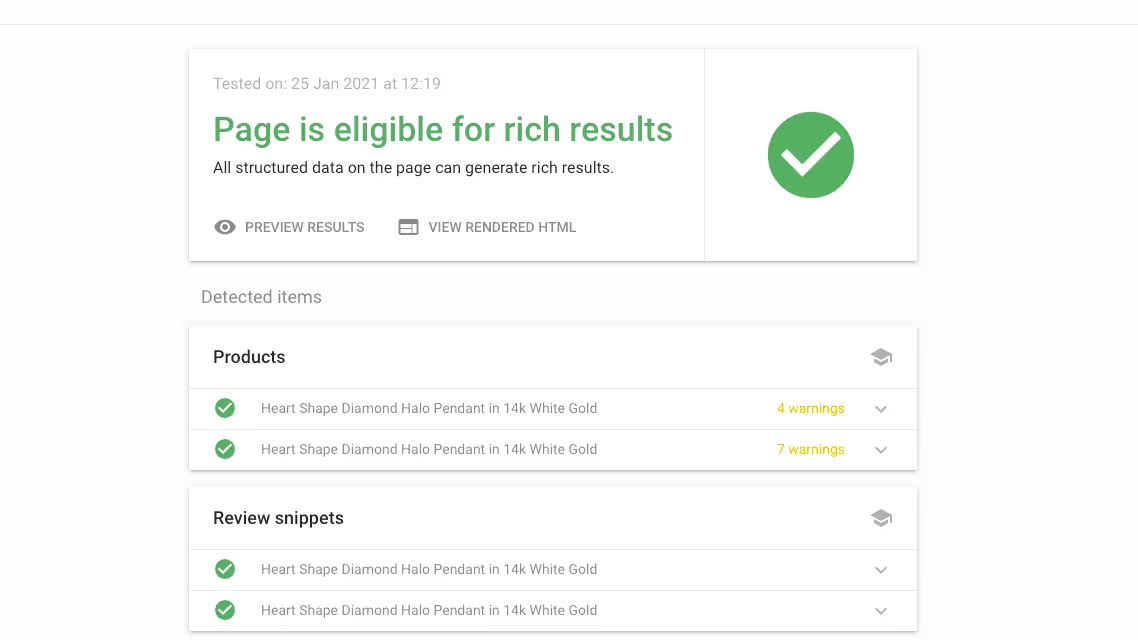
A Practical SEO Guide to eCommerce SEO
If you would like to drive more buyers to your eCommerce site, then you need to learn the most successful techniques for growing relevant traffic to your site using a combination of SEO techniques and tactics. In this actionable guide to eCommerce SEO, we cover some of the unique characteristics of optimising for online stores that differ from non-transactional sites.
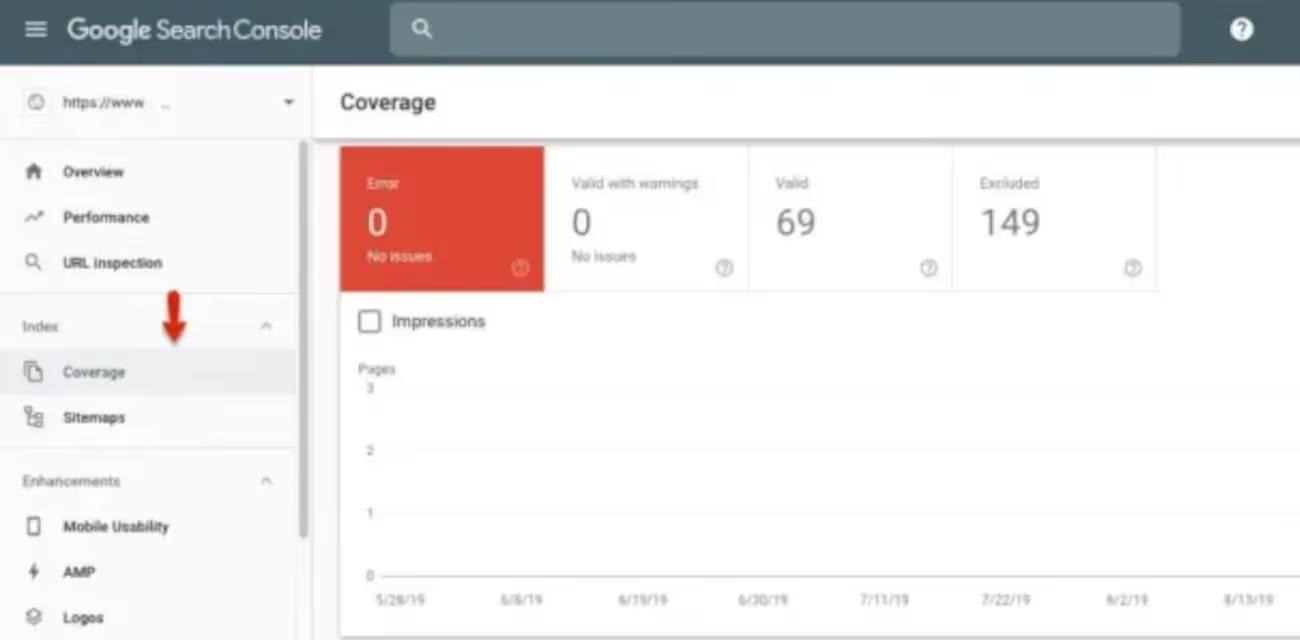
A Practical SEO Guide to Backlinks and Link Building
Everyone says 'Content is King' but links have always been a critical part of Google's ranking algorithm and are likely to remain as important in the future. So, dive in and pick up some great backlink analysis and link building techniques.
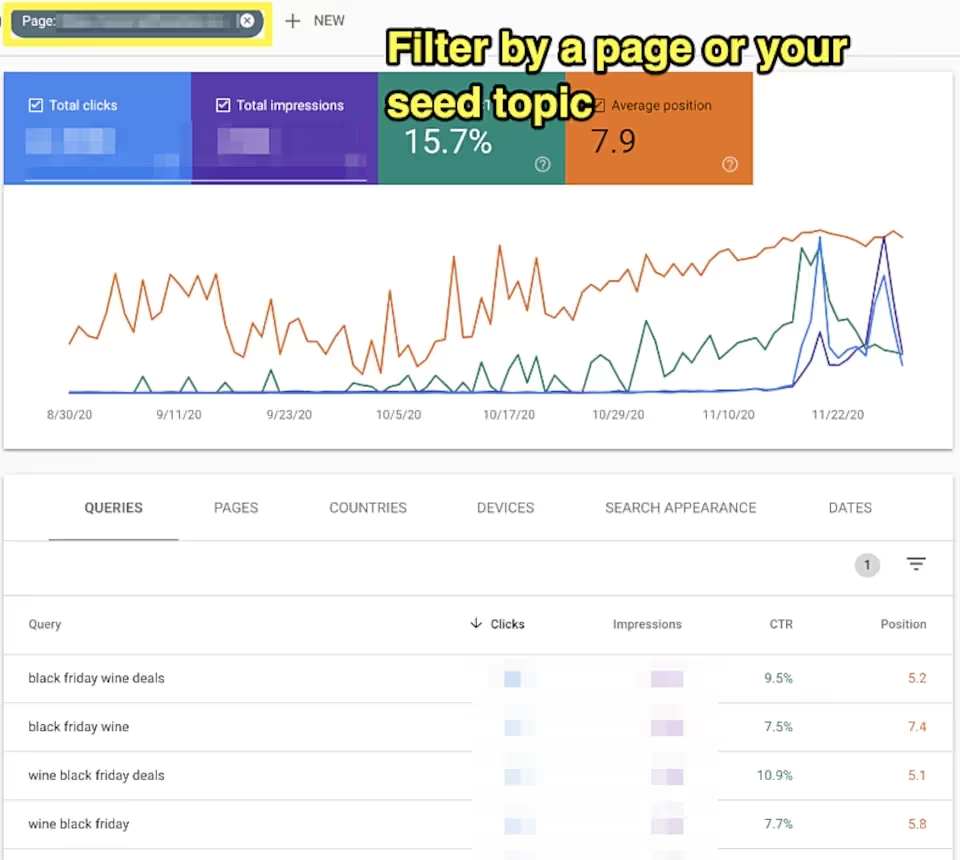
A Practical SEO Guide to Keyword Research
Keyword research is a foundational and essential part of any SEO strategy. In this extensive guide, the authors take you through the keyword and audience research process, data collection techniques, competitive gap analysis and how to interpret user intent and make decisions around page mapping to keyword groups. Use this guide to develop a systematic approach to keyword research that allows you to set your SEO efforts in the right direction.
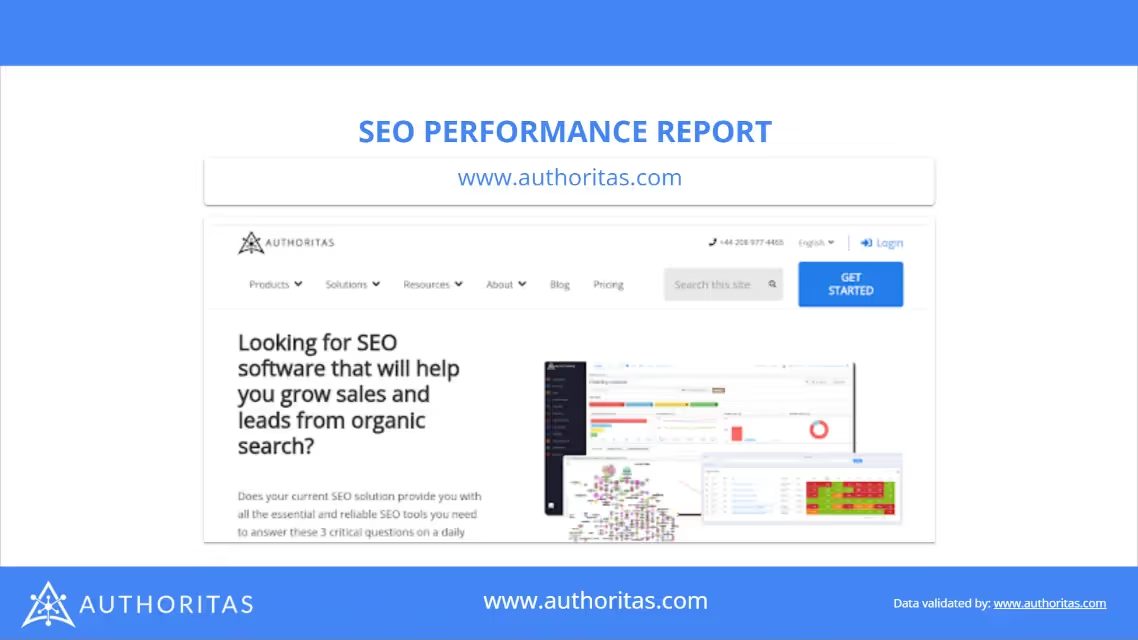
A Practical SEO Guide to SEO Reporting
Whether you are part of an enterprise in-house SEO team or SEO agency team it is more likely than not that you will have to ‘report’ on and share your SEO progress and activities with management, colleagues or clients. This guide discusses the type of metrics to report and then different ways of producing high quality insightful SEO reports.
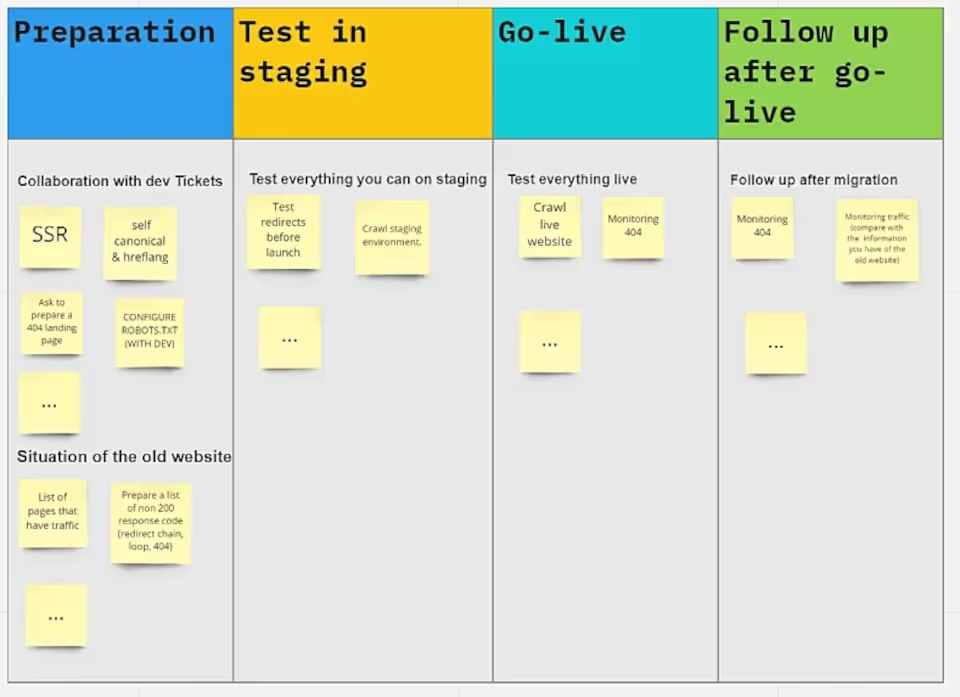
A Practical SEO to Website Migrations
Probably one of the most stressful and time-consuming tasks that we all have to face at one stage in our career is to manage a website migration project. Whether this is due to re-branding, an acquisition or merger, a change of domain name or a change of technology platform, there is an awful lot that can (and often does) go wrong. In this guide, three SEOs with extensive experience of website migrations cover the essential steps in planning and executing the site build before and post-launch.

A Practical SEO Guide to Digital PR
Learn how you can use the latest digital PR techniques to increase the exposure of your brand by gaining online coverage on well known sites, social media platforms and generating high quality links and referral traffic. This practical step-by-step guide gives you the essential information you need to start this process yourself or at the very least brief a digital PR agency.
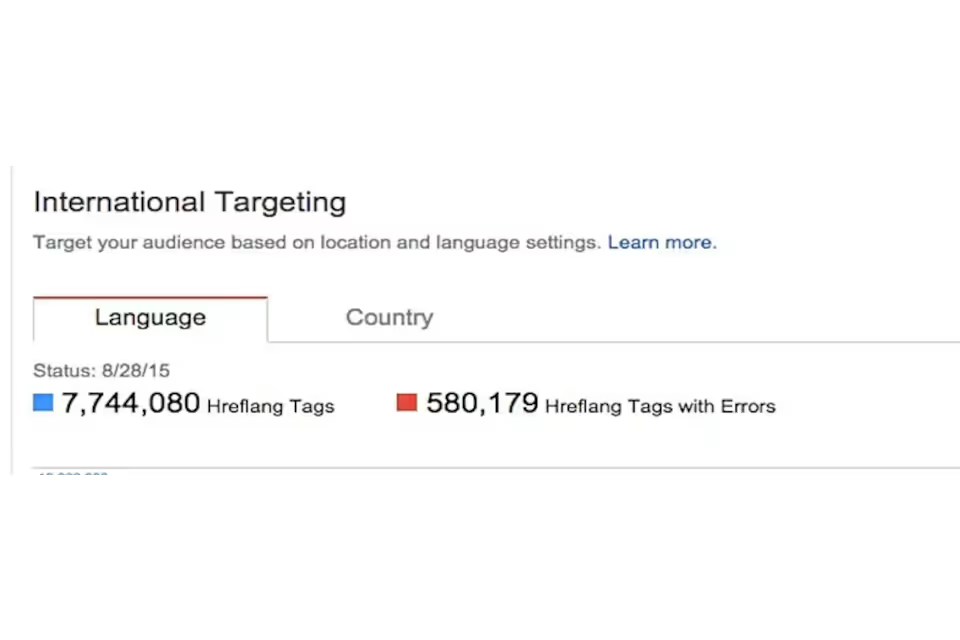
A Practical SEO Guide to International SEO
In this in-depth gudie to international SEO, our expert SEOs take you through the key differences and scenarios you will encounter when optimising a single mulitlingual site or multiple sites in different countries. It covers practical tips and advice and lessons from the trenches about Local SEO vs International SEO, Market Entry strategies and common pitfalls and how to mitigate (if not avoid) them.
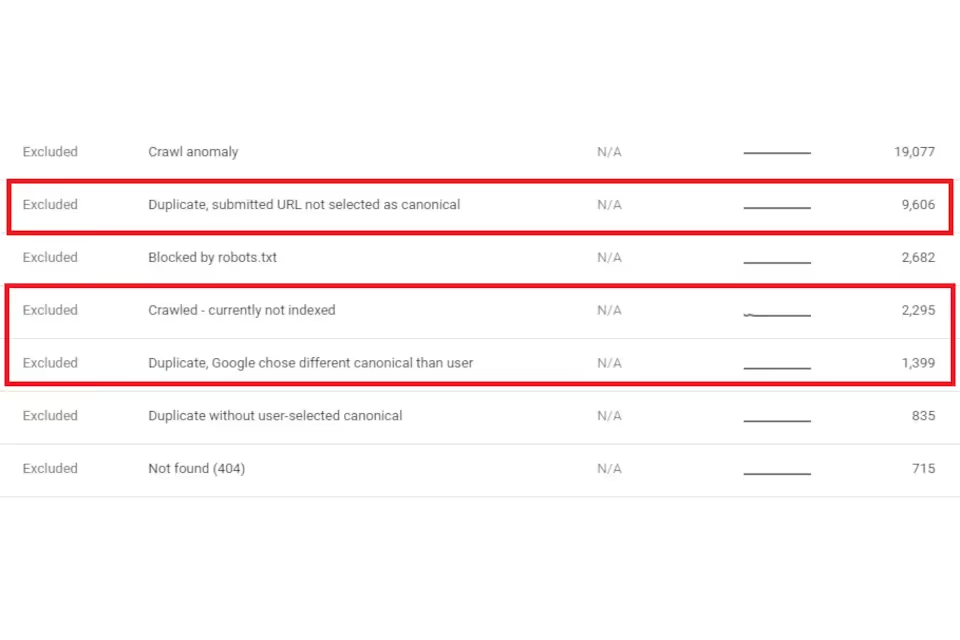
A Practical SEO Guide to Technical SEO
Technical SEO is the foundation on which successful SEO campaigns are built. If you're not a web designer or developer then this guide to technical SEO is for you. You can learn the key technical issues that expert SEOs look to resolve to prevent issues for users and search engines.
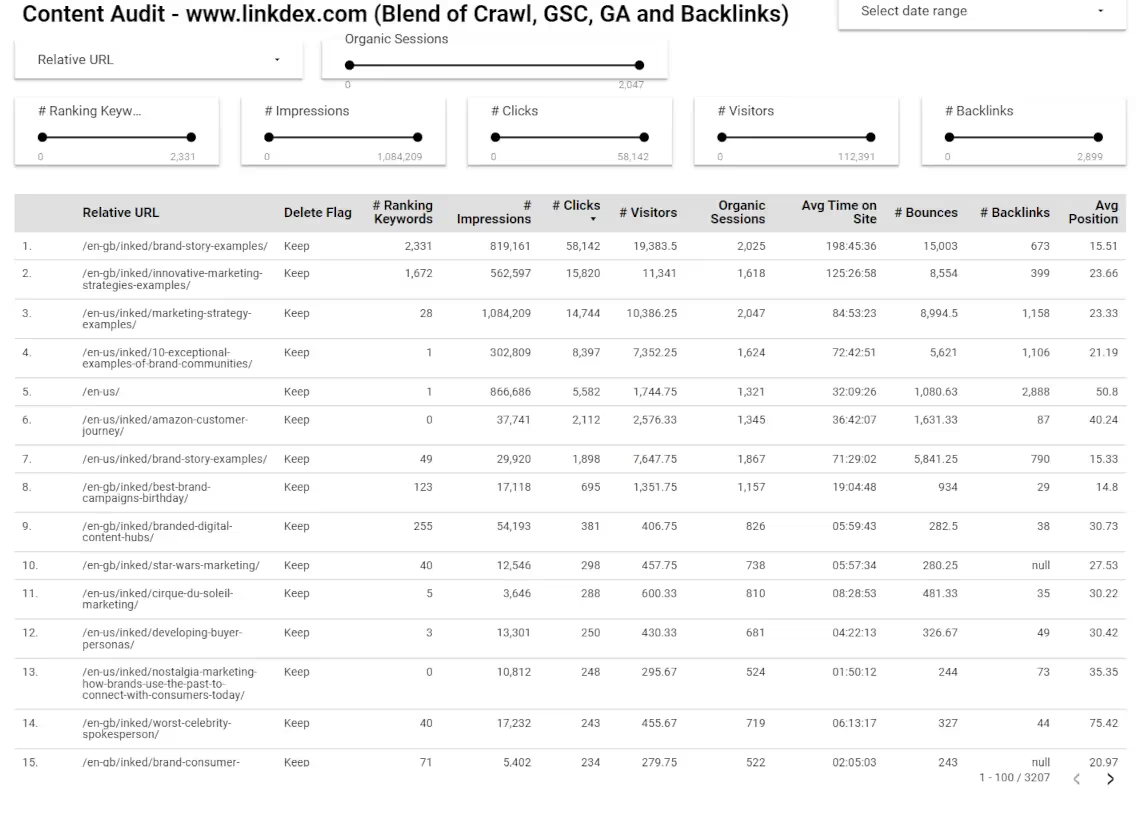
A Practical SEO Guide to Content Auditing
Want to know how to conduct an SEO content audit on your website? Our guide, carefully put together by three great SEOs covers everything you need to know to get started. From properly understanding the performance and the potential of your pages, to evaluating user intent to see how well your existing content matches the type of content Google prefers. Authoritas can now even automate the data collection and presentation of the data needed to perform a content audit.
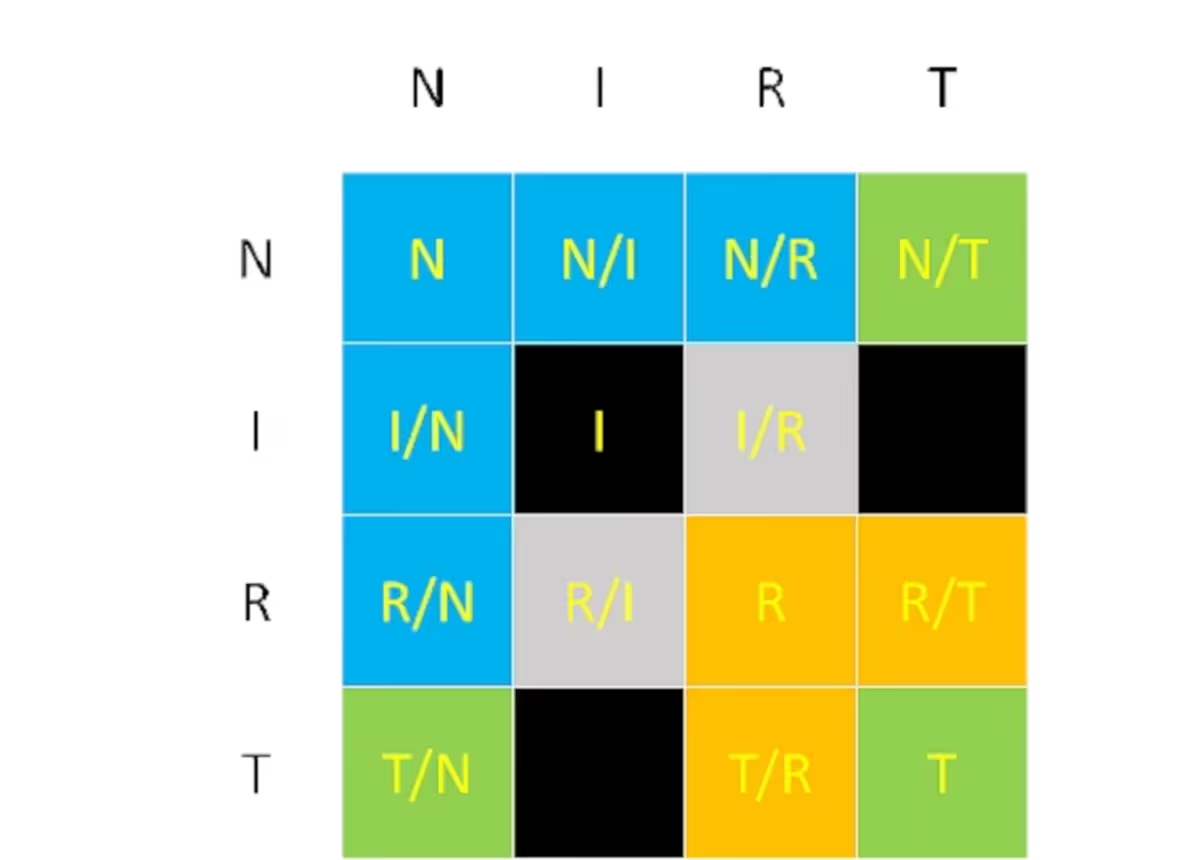
A Practical SEO Guide to User Intent
The whole SEO industry has been debating how best to understand what the searcher's intent is for the past few years. In this guide, we look at answering practical questions around user intent, what it is, how to analyse it and what to do with your findings.
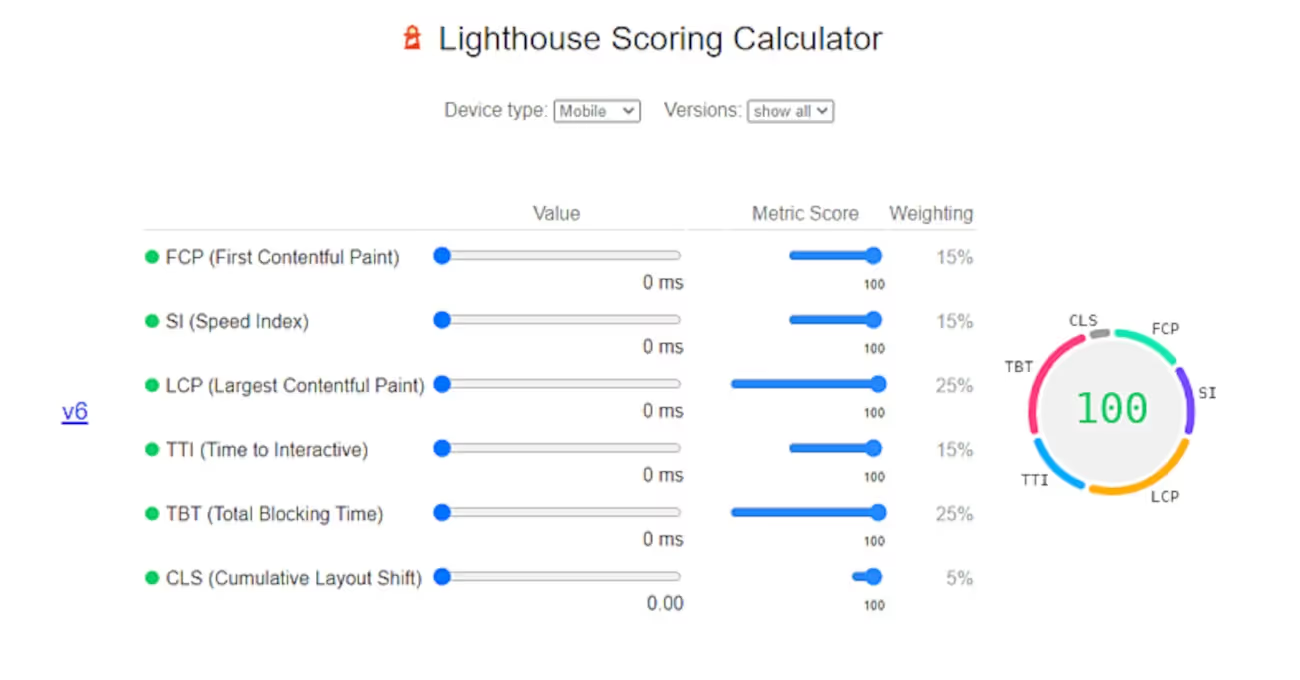
A Practical SEO to On-Page SEO
This guide goes into detail about how to improve your On-Page SEO strategy with a set of actionable topics and tasks for you to consider when optimising your pages for users and search engines.
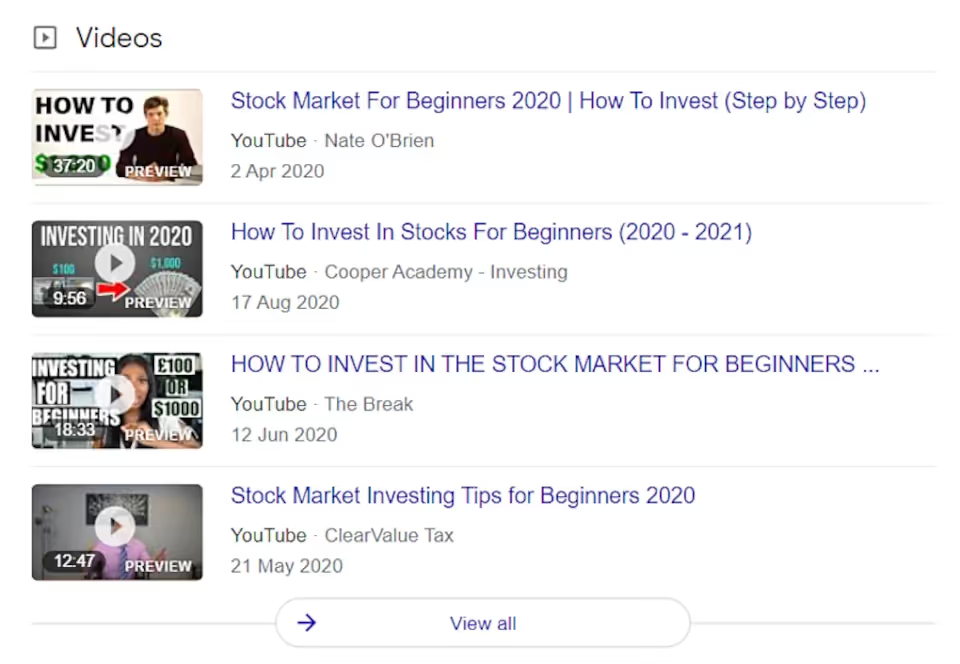
A Practical SEO Guide to Competitor Auditing
This guide helps you take a systematic look at all the key elements of competitive analysis for SEO. It covers, how to define your market, how to analyse your competitors' performance, competitive gap analysis, SWOT analysis, SERP analysis and how to set goals for your SEO project.
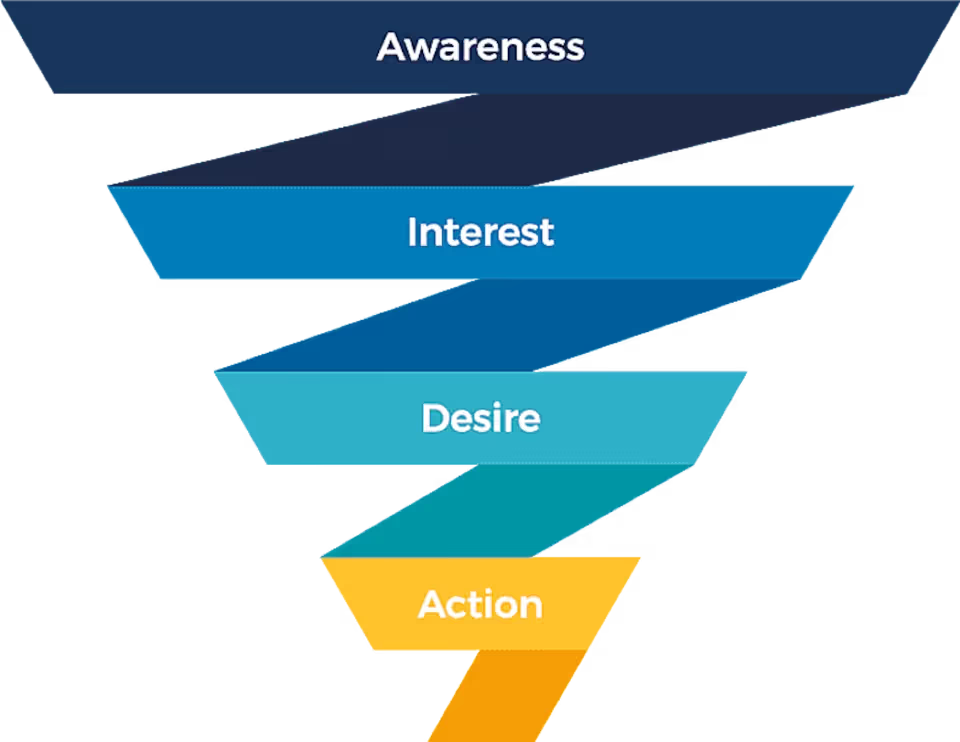
A Practical SEO to Content Strategy
Setting a sound plan for your content marketing efforts is the key to success. In this guide to SEO content strategy, three experienced SEOs share their advice on content strategy for Local SEO, how to create content strategies for eCommerce sites and what your content strategy should look like for your blog.



